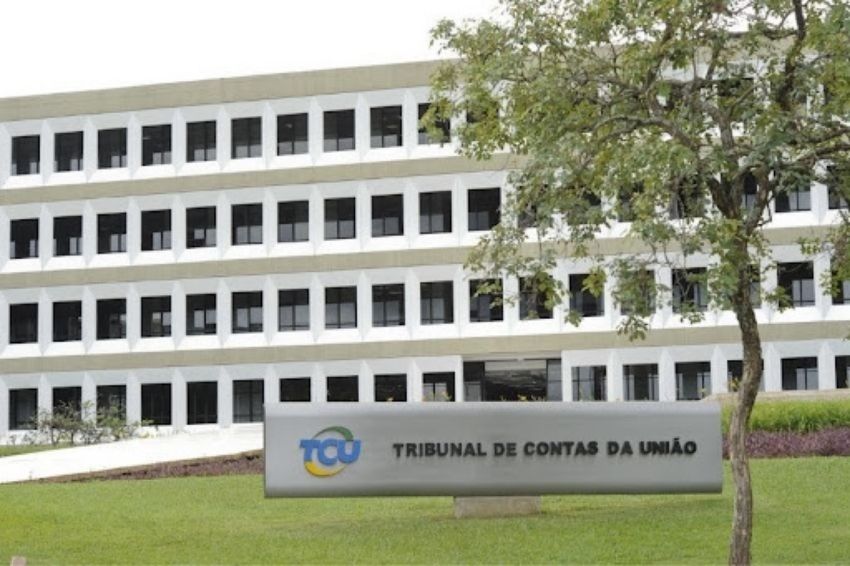SeinfraElétrica (SElectricity Infrastructure Inspection Secretariat) published a document asking the CREG (Chamber of Exceptional Rules for Hydroenergetic Management) to hold a hearing charging the MME (Ministry of Mines and Energy) explanations regarding the impacts caused by the water crisis.
In the document presented, the technical unit that makes up the TCU (Federal Audit Court) alleges that the measures that have been taken by entities and bodies related to the electricity sector are not sufficient to eliminate the risk of shortages and guarantee the security of electroenergy supply in the country.
As a result, it was decided that the CREG has until Friday (17) to express its opinion on the facts highlighted, taking into account the possibility of the court determining as a precautionary measure the elaboration of a strategic contingency plan to face the crisis.
The text presented highlights that in relation to the actions adopted, there was a worsening of the level of the reservoirs above what was expected. “Although some of these measures only came into force on September 1, 2021, there is an indication that the measures are not sufficient to eliminate the risk of consumption rationing, nor the risk of blackouts.”
The document also draws attention to the fact that the current hydrological scenario has been a cause for concern since October 2020, when the CMSE (Electricity Sector Monitoring Committee) pointed out the need to adopt exceptional measures to guarantee the service of the load and less degradation of hydroelectric storages.
Furthermore, the TCU body also reported that, to date, a strategic plan of sequential measures to be adopted has not been formally presented, even with the monthly publications of technical notes from the ONS (National Electric System Operator) evaluating the conditions of electrical energy service from the SIN (National Interconnected System).
Check out the full document, clicking here.
Water crisis
The lack of rain and energy supply since the end of last year meant that the Federal Government was forced to take a series of measures to avoid the need for energy rationing among Brazilian families.
The main actions implemented were the purchase of energy from neighboring countries, such as Argentina and Uruguay, and the adoption of the use of thermoelectric plants – a more expensive source, in which the cost is passed on to the consumer.
Since the beginning of the year, experts in the energy sector have explained that the making investments in renewables, including solar, would be a more viable solution to face the problem, since more than half of the country's energy matrix comes from electricity generated by hydroelectric plants.
O Solar Channel contacted the MME and is awaiting a response regarding SeinfraElétrica's decision.
Image credit: Leopoldo Silva/Agência Senado.
















